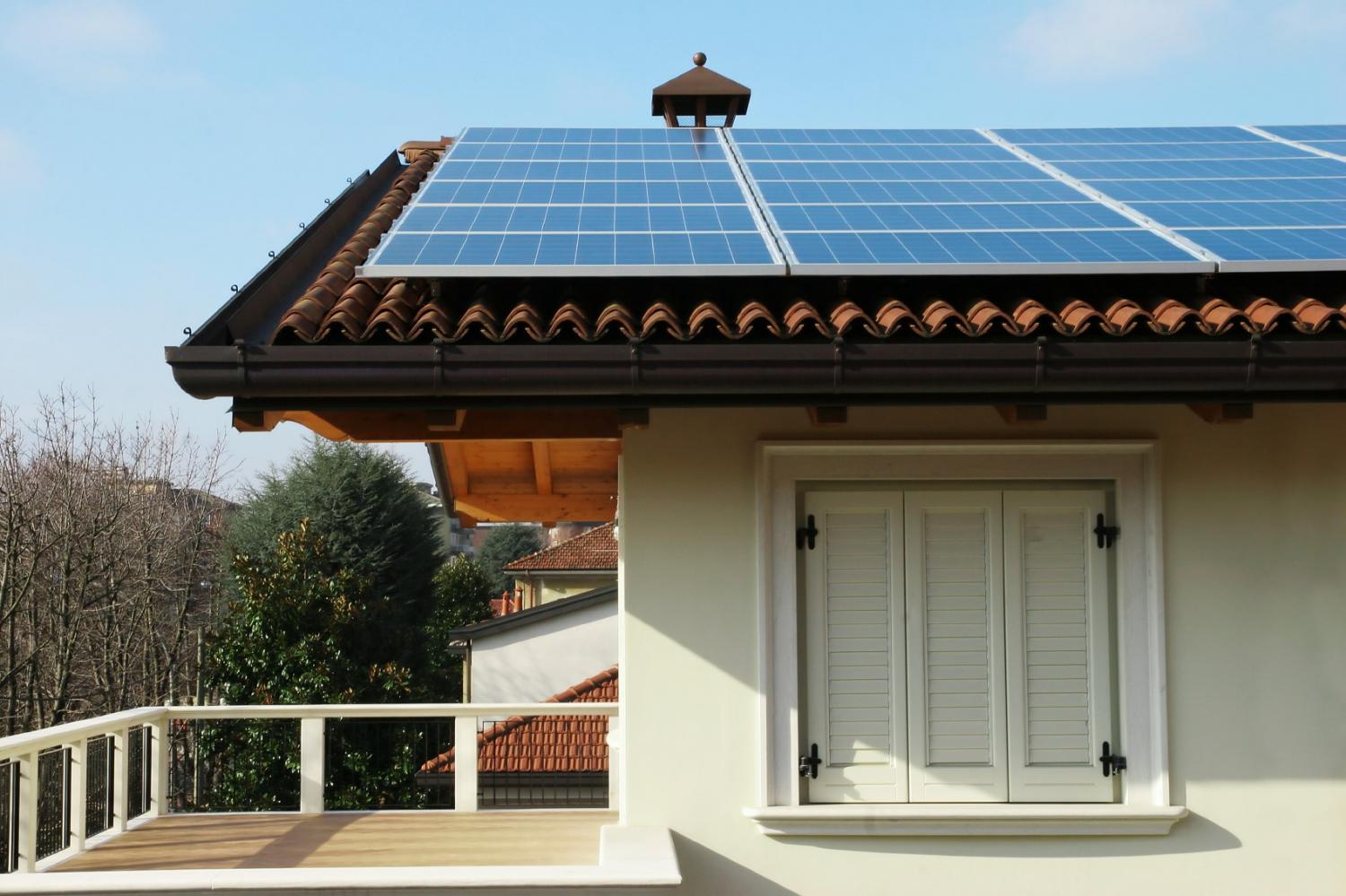
Employers are focusing more attention hiring military veterans, and that’s a good thing. That presents new challenges for employers, though. As competition for talent from the hiring pool of veterans increases, employers have to offer more and better career opportunities. The U.S. solar industry provides a good example of the potential to ramp up much needed hiring programs.
Workforce pressure grows on the U.S. solar industry
With demand for solar power on the increase, the U.S. solar industry is under pressure to grow its workforce, veterans or not.
The Solar Foundation has tracked a 159 percent increase in solar jobs since 2010, the first year it began collecting statistics.
Though there has been a slight decline since employment in this sector peaked in 2016, as of 2018 there were over 242,000 solar workers in the U.S., defined as those who spend at least half of their time in solar-related work.
The decline is expected to be a temporary side effect of the Trump administration’s trade wars. Analysts are already anticipating a 7 percent uptick for solar jobs in 2019.
Building up the solar workforce is not only a necessity for solar companies, it is also an energy security issue for federal policy makers.
The Department of Energy began pumping millions into solar workforce training initiatives during the Obama administration. Those efforts have continued, even though the Trump administration does not generally support the expansion of renewable energy.
More and better solar jobs for veterans
One key holdover from the Obama administration is a program called Solar Ready Vets, which launched as a Department of Energy pilot program in 2014. That initiative involves connecting active duty military with solar training courses while they are still in service.
As the Energy Department’s primary solar workforce partner, The Solar Foundation administered the pilot program and grew it into a national solar jobs program beginning in 2017.
Last week, the program stepped up again with the introduction of two new solar employment tracks.
Solar Ready Vets still includes a focus on providing veterans with training, certification and professional development in aspects of the solar industry that mainly involve hands-on work.
That track is now called SOAR for “Solar Opportunities and Readiness.”
The solar industry is also among those recognizing that military skills and experience can transfer into career development and corporate leadership. To that end, Solar Ready Vets now includes a corporate management track, called the Solar Ready Vets Fellowship Program.
In partnership with the Hiring Our Heroes initiative of the U.S. Chamber of Commerce, the solar fellowship program involves a focus on skills that can potentially travel up the corporate ladder and across industries. In addition to installation, the fields of concentration include technical sales, system design, supply chain logistics, project development and operations.
An industrywide impact
As the Solar Foundation points out, integrating more veterans into the solar workforce goes beyond providing benefits at the granular level, to veterans and their employers.
Diversifying the workforce benefits the entire industry as well.
“Veterans are leaders and can help inspire confidence in the industry and navigate our most pressing challenges,” explained Abigail Ross Hopper, President and CEO of the Solar Energy Industries Association, in a public statement last week.
In this regard, the partnership with the U.S. Chamber of Commerce is notable. The organization has long been criticized for its skeptical stance on climate change and its opposition to renewable energy initiatives.
Earlier this year the Chamber of Commerce indicated a shift in attitude that dovetails with the promotion of solar jobs for veterans.
Eric Eversole, vice president at the U.S. Chamber of Commerce and president of the Hiring Our Heroes program, also drew a connection between military experience and industrywide reputation.
“The Corporate Fellowship Program will allow service members to learn more about career opportunities in solar and showcase their skills in an applied work environment while employers learn first-hand how much value military connected talent brings to their organizations,” he said.
The lessons are clear: to compete for the best and the brightest, companies need to approach veterans hiring on a holistic basis that encompasses a wide range of skills and embraces the potential for impacts across an entire industry.
Note: The Solar Foundation is currently pursuing private sector partners for its veterans programs. For more details visit SolarReadyVeterans.org.
Image credit: U.S. Department of Energy Office of Energy Efficiency and Renewable Energy/Facebook

Tina writes frequently for TriplePundit and other websites, with a focus on military, government and corporate sustainability, clean tech research and emerging energy technologies. She is a former Deputy Director of Public Affairs of the New York City Department of Environmental Protection, and author of books and articles on recycling and other conservation themes.














